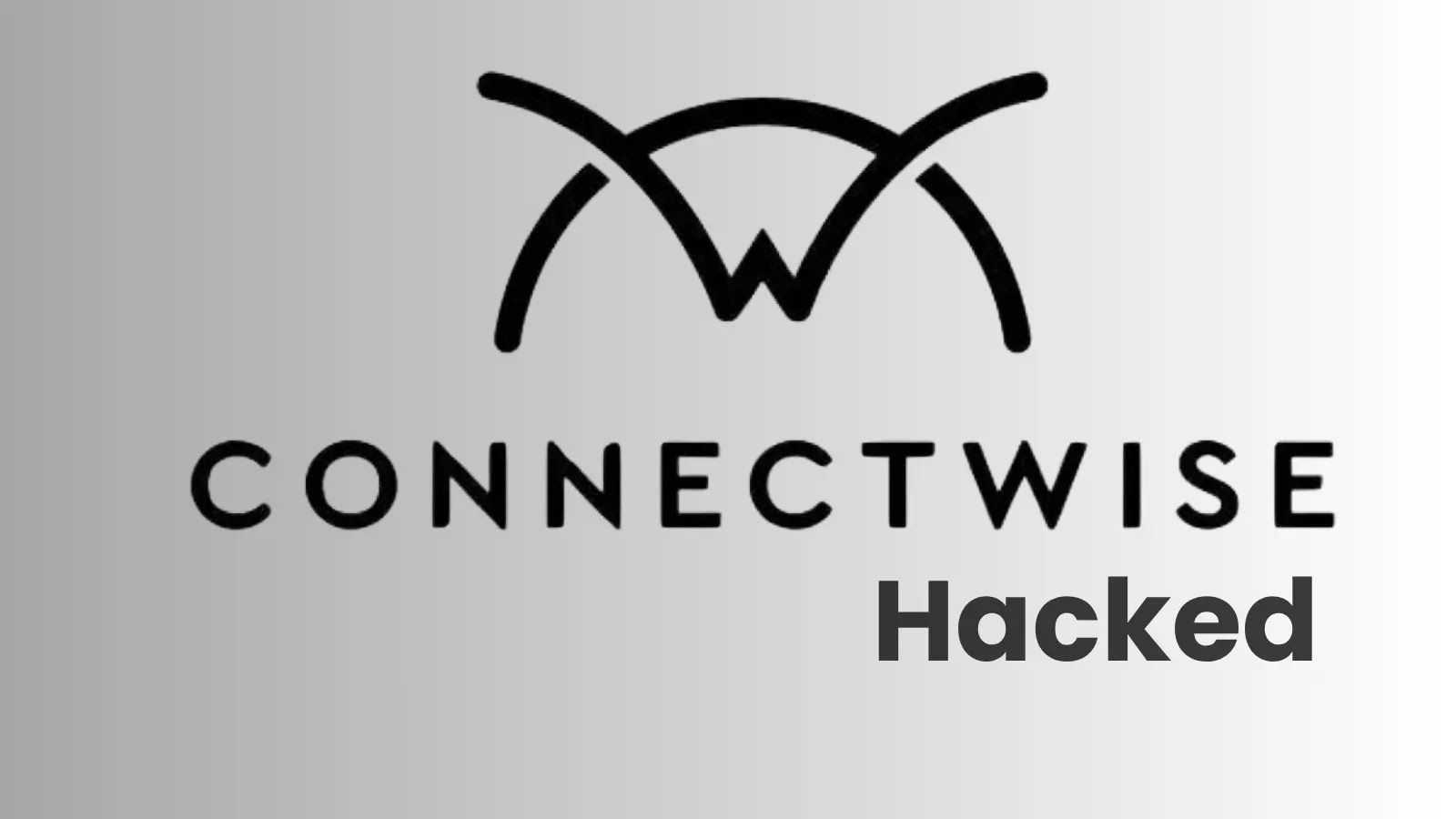Microsoft’s November 2025 Patch Tuesday: Addressing 63 Security Vulnerabilities, Including an Actively Exploited Windows Kernel Zero-Day
On November 11, 2025, Microsoft released its monthly Patch Tuesday updates, addressing 63 security vulnerabilities across its software suite. This release is particularly significant due to the inclusion of a zero-day vulnerability in the Windows Kernel that has been actively exploited in the wild.
Breakdown of Vulnerabilities:
– Critical Vulnerabilities: 4
– Important Vulnerabilities: 59
– Types of Vulnerabilities:
– 29 Elevation of Privilege
– 16 Remote Code Execution
– 11 Information Disclosure
– 3 Denial of Service
– 2 Security Feature Bypass
– 2 Spoofing
Highlighted Vulnerabilities:
1. CVE-2025-62215 – Windows Kernel Elevation of Privilege Vulnerability:
– Severity: Important (CVSS score: 7.0)
– Description: This vulnerability arises from a race condition in the Windows Kernel, allowing an authorized attacker to elevate privileges locally. Exploitation requires the attacker to win the race condition, potentially granting SYSTEM-level access.
– Exploitation: Actively exploited in the wild.
2. CVE-2025-60724 – GDI+ Remote Code Execution Vulnerability:
– Severity: Critical (CVSS score: 9.8)
– Description: A heap-based buffer overflow in the Graphics Device Interface (GDI+) component could allow remote code execution if a user opens a specially crafted document or visits a malicious webpage.
3. CVE-2025-62220 – Windows Subsystem for Linux GUI Remote Code Execution Vulnerability:
– Severity: Critical (CVSS score: 8.8)
– Description: A vulnerability in the Windows Subsystem for Linux (WSL) GUI component could enable remote code execution through a heap-based buffer overflow.
4. CVE-2025-60704 – Windows Kerberos Elevation of Privilege Vulnerability:
– Severity: Important (CVSS score: 7.5)
– Description: This flaw exploits a missing cryptographic step in Windows Kerberos, potentially allowing attackers to gain administrator privileges.
Implications and Recommendations:
The active exploitation of CVE-2025-62215 underscores the urgency for organizations and individual users to apply these patches promptly. Elevation of privilege vulnerabilities, such as this one, can be particularly dangerous when combined with other exploits, potentially leading to full system compromise.
Remote code execution vulnerabilities, like those found in GDI+ and WSL GUI, pose significant risks as they can be triggered by merely opening a malicious document or visiting a compromised website. This highlights the importance of user education on safe browsing and email practices.
Organizations should prioritize the deployment of these updates to mitigate potential threats. Regular patch management, combined with comprehensive security measures, remains a cornerstone of effective cybersecurity defense.



